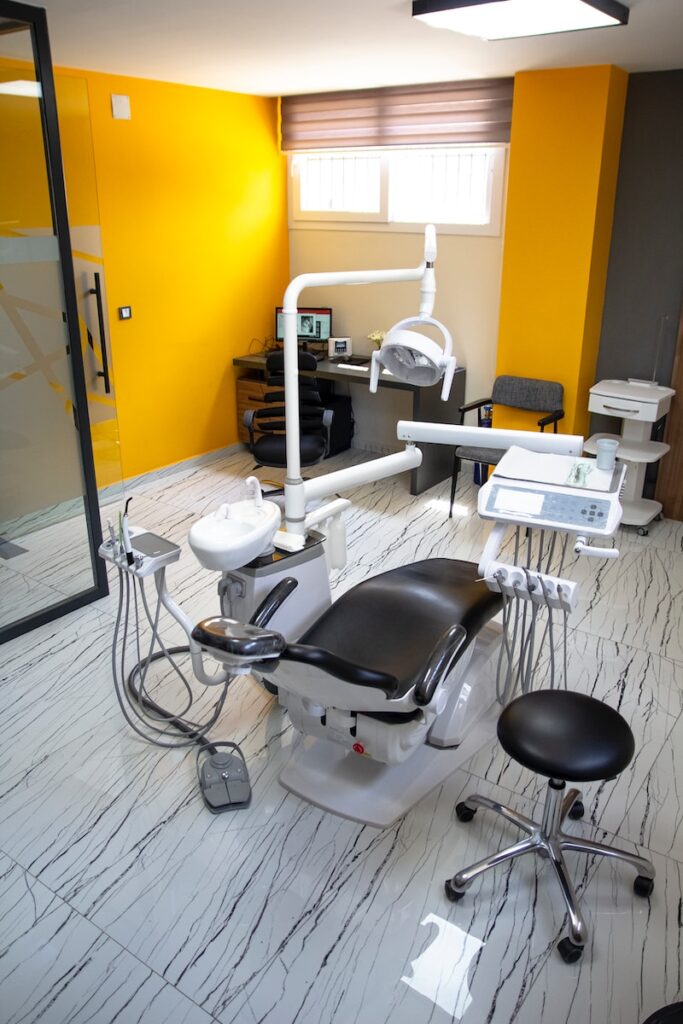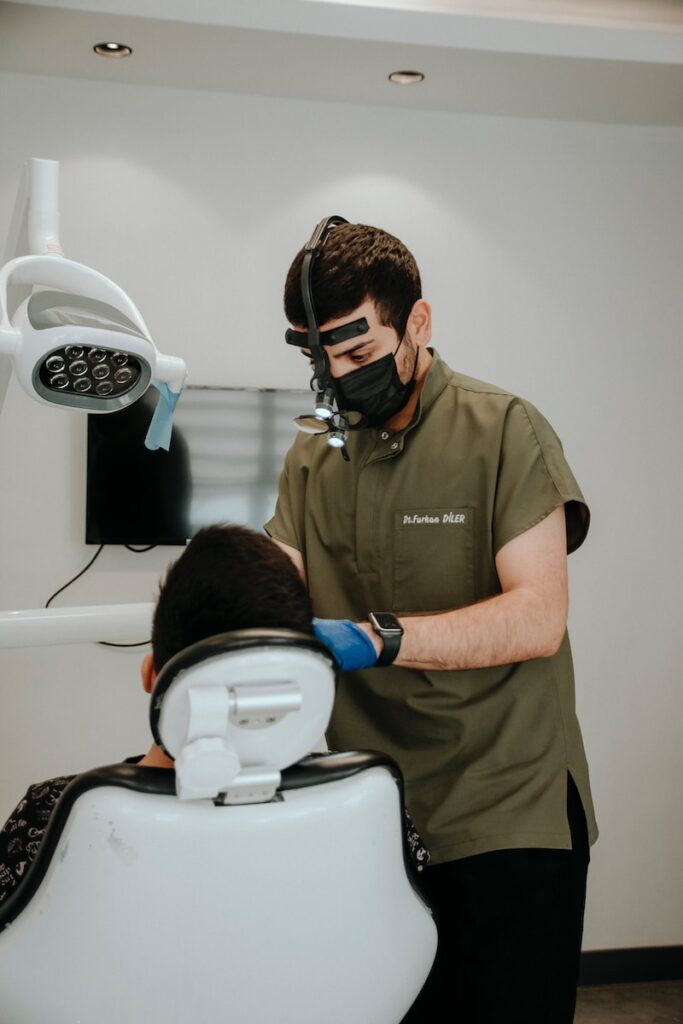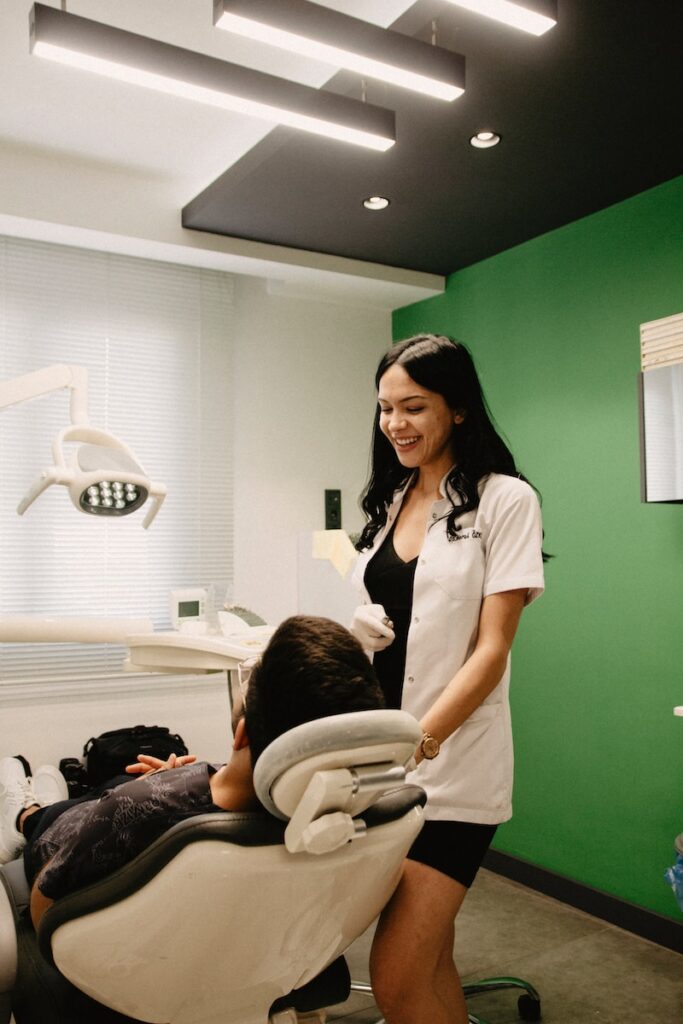Discover the most popular dental treatments in Turkey and why they are worth considering. Dental tourism is on the rise, with patients flocking to Turkey for high-quality, cost-effective dental procedures. In this article, we’ll explore the top five dental procedures available in Turkey and discuss why you should consider them. But first, let’s take a look at dental tourism in Turkey and why it’s gaining popularity.
Dental Tourism in Turkey
Turkey’s dental industry has become a hub for medical tourists seeking affordable, top-quality dental care. In our main topic, we provide information on why to choose dentists in Turkey, how to find the best dentist, planning your dental trip, and cost comparisons with other countries. Now, let’s dive into the top dental procedures that attract patients to Turkey.


Dental Veneers
Dental veneers are thin, custom-made shells designed to cover the front surface of teeth. They are used to improve the appearance of discolored, chipped, or misaligned teeth. There are two main types of dental veneers: porcelain and composite resin.
Porcelain Veneers
Porcelain veneers are the more popular option because they closely resemble natural teeth and are resistant to staining. They typically last for 10 to 15 years with proper care. However, porcelain veneers are more expensive and require more preparation than composite resin veneers.
Composite Resin Veneers
Composite resin veneers are made from a tooth-colored filling material that is applied directly to the tooth and shaped by the dentist. They are less expensive and can be completed in a single appointment. However, they are less durable and stain more easily than porcelain veneers.
Dental Crowns
A dental crown, also known as a cap, is used to cover and protect a damaged or decayed tooth. Crowns restore the shape, size, strength, and appearance of the tooth. They can be made from various materials, including porcelain, metal, and porcelain-fused-to-metal.
Materials and Types
The material used for a dental crown depends on factors like the location of the tooth, the amount of tooth structure remaining, and the patient’s preference. Porcelain and porcelain-fused-to-metal crowns are popular for their natural appearance, while metal crowns are more durable and often used for back teeth.
Procedure
The procedure for getting a dental crown usually requires two visits. During the first visit, the dentist will prepare the tooth by removing any decay and shaping the tooth to fit the crown. An impression of the tooth is taken and sent to a dental lab, where the crown is created. A temporary crown is placed on the tooth until the second visit, when the permanent crown is cemented in place.
Teeth Whitening
Teeth whitening is a popular cosmetic dental procedure that helps remove stains and discoloration, resulting in a brighter smile. There are two main types of teeth whitening: in-office (Zoom light) and at-home treatments.
Zoom Light Teeth Whitening
Zoom light teeth whitening is an in-office procedure that uses a high concentration of hydrogen peroxide and a special LED light to speed up the whitening process. It typically takes about an hour and can produce immediate, dramatic results.
Home Teeth Whitening
At-home teeth whitening involves using custom-made trays filled with a lower concentration of whitening gel. Patients wear the trays for a few hours each day or overnight for a period of time determined by the dentist. Results are usually visible within a few weeks.
Dental Implants
Dental implants are used to replace missing teeth and provide a permanent, stable solution. They consist of a titanium post that is surgically inserted into the jawbone, a connector (abutment), and a custom-made artificial tooth (crown).
Types of Dental Implants
There are two main types of dental implants: endosteal and subperiosteal. Endosteal implants are placed directly into the jawbone, while subperiosteal implants are placed under the gum but above the jawbone. The choice depends on the patient’s bone structure and overall oral health.
Procedure
Dental implant surgery usually requires multiple visits over several months. The first step involves placing the titanium post into the jawbone, followed by a healing period of several months to allow the implant to fuse with the bone. Once healed, the abutment is attached to the implant, and finally, the crown is placed on top.
All-on-4
All-on-4 is a minimally invasive method of placing a full-arch dental implant bridge to replace missing teeth. It involves placing four implants in the jawbone to support a fixed dental prosthesis, which replaces an entire arch of teeth.
Advantages and Disadvantages
All-on-4 offers several advantages over traditional dental implants, including a faster treatment time, reduced need for bone grafting, and a lower overall cost. However, it may not be suitable for everyone, and the success of the procedure depends on the skill of the dentist and the patient’s bone structure.
Procedure
The All-on-4 procedure typically involves two surgical appointments. During the first appointment, any remaining teeth are extracted, and the four implants are placed. A temporary prosthesis is provided while the implants heal. After several months, the permanent prosthesis is placed during the second appointment.
Istanbul Dental Center
The Istanbul Dental Center is renowned for its expert dentists, state-of-the-art facilities, and high patient satisfaction. The clinic holds an ISO 9001:2015 Quality Assurance Certification and is accredited by the Turkish Ministry of Health for Health Tourism.
Conclusion
Turkey offers a wide range of dental procedures at affordable prices, making it a popular destination for dental tourism. The top five dental procedures in Turkey—dental veneers, dental crowns, teeth whitening, dental implants, and All-on-4—provide both cosmetic and functional benefits for patients. By choosing a reputable clinic like the Istanbul Dental Center, you can ensure you receive top-quality dental care during your trip.
FAQs
The cost of dental procedures in Turkey can be up to 70% less than in the UK, depending on the treatment.
Yes, it is safe to get dental treatment in Turkey, especially when choosing a reputable clinic with international accreditations and experienced dentists. However, it’s essential to research your chosen clinic and dentist before booking your treatment.
The recovery period varies depending on the procedure, but generally, patients can expect some discomfort, swelling, and sensitivity after most dental treatments. Your dentist will provide detailed aftercare instructions and may prescribe pain medication to help manage any discomfort.
Look for dentists with relevant qualifications and experience in the specific dental procedure you require. Read online reviews, ask for recommendations, and check for accreditations and certifications to ensure you find a skilled and trustworthy dentist.
Depending on your nationality, you may need a visa to enter Turkey. Visit the official Turkish government website or consult your local Turkish consulate for information on visa requirements and application procedures.

One Comment